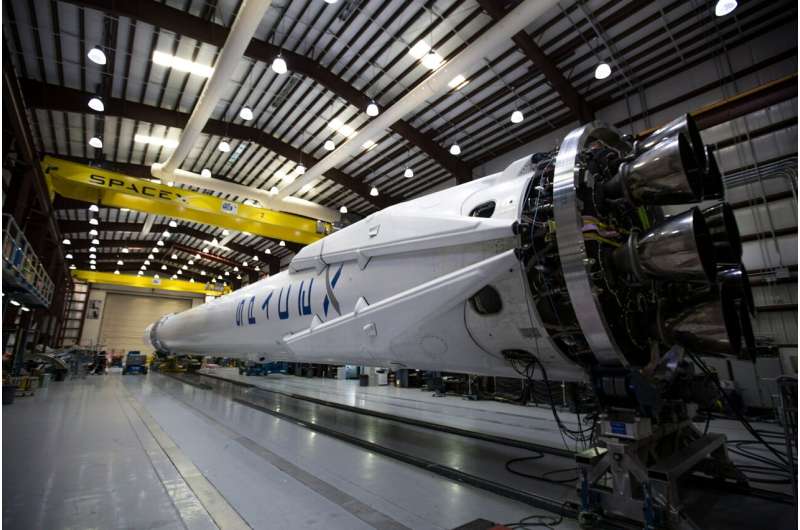A new approach to animal welfare is gaining momentum through the innovative work of researcher Rébecca Kleinberger. By allowing animals to control technology rather than adapting them to human-centric environments, Kleinberger is reshaping how we think about animal enrichment. The journey began with a hyacinth macaw named Sampson, who became a star at the San Diego Zoo when he used a specially designed device to interact with music.
Kleinberger created the device, known as the Joy Branch, after a zookeeper requested a way for Sampson to listen to music. The unexpected outcome was that Sampson not only enjoyed the music but also attracted visitors to his exhibit, demonstrating a unique form of agency. “It’s really his own agency and its own intrinsic behavior that led to him using his branch a lot,” Kleinberger explained in an interview with MassLive.
Since her initial work with Sampson in 2019, Kleinberger has established the INTERACT Animal Lab at Northeastern University. Her research focuses on enhancing the lives of various animal species through technological advancements. With a background that includes her education at the Massachusetts Institute of Technology, where she earned her master’s and doctoral degrees, Kleinberger emphasizes the importance of collaboration with animal care professionals to evaluate the effectiveness of her projects.
Current Projects and Research Directions
Kleinberger is currently involved in several initiatives that aim to improve animal welfare. Last spring, she taught a course on designing technology for animals, engaging 16 students from Northeastern, MIT, and Harvard University. Some students continued their work over the summer at Zoo New England, which includes both the Franklin Park Zoo in Boston and the Stone Zoo in Stoneham.
In addition, she is collaborating with Tandem Vet Care to explore methods for reducing stress in cats during veterinary appointments. Although specific details about these projects remain under wraps, Kleinberger indicated that findings will be published in the coming months.
Kleinberger’s lab has gained recognition for playful projects that investigate animal interaction with technology. For instance, in partnership with the University of Glasgow, her team examined how 20 pet parrots engaged with touchscreen games over three months. The study, set for publication in 2024, seeks to understand how these games can be tailored to meet the tactile needs of parrots.
In the preceding year, another study evaluated a video calling system for parrots, resulting in 147 bird-triggered calls. Notably, some birds learned to select specific feathered friends to connect with, demonstrating the potential for enrichment through technology.
Ethics and the Future of Animal Technology
What sets the INTERACT Animal Lab apart from other research facilities is its commitment to enhancing animal lives rather than testing their intelligence. Kleinberger stated, “We’re not there to test them. We’re there to try to see how we can improve their life.” She collaborates only with accredited zoos that adhere to high standards of animal welfare.
Kleinberger emphasizes the ethical implications of using technology in animal care. With the increasing prevalence of pet technology, including sensors and cameras that allow owners to communicate with their pets remotely, she notes a significant gap in evaluating how these technologies impact animal behavior.
“There is so much potential because so much of the technology is there,” Kleinberger explained. “The tools are not in the hands of the right people.” She advocates for a shift toward frameworks that assess the impact of technological innovations on animals, aiming to ensure that these tools truly benefit their lives.
Kleinberger’s work challenges traditional norms by reversing the paradigm of animal-human interactions. “I see it as really trying to have the animal go most of the way toward our human languages, and I’m trying to do the inverse,” she said, highlighting her commitment to a more inclusive approach to technology in animal welfare.
The intersection of technology and animal care presents a promising frontier, one where innovations can lead to enriched lives for animals rather than mere adaptations to human environments. As Kleinberger’s research continues to unfold, it may inspire new standards for animal enrichment and welfare across various settings.







